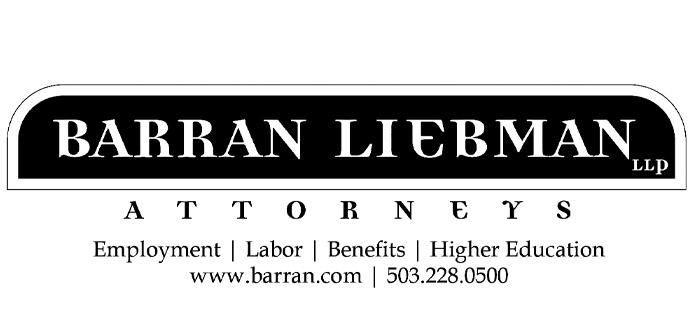When we think of employee reports of harassment, we often think of harassment that occurs in the workplace. However, employers are also responsible for investigating employee reports of harassment that occurs outside of the workplace during non-work hours to the extent that it is impacting the employee’s performance or the workplace. Further, the rise of social media has led to an increase in the number employee reports of off-duty harassment. It is important for employers to understand that reports of off-duty harassment, including harassment that occurs on social media, should be treated the same as traditional reports of on-duty harassment.
The Ninth Circuit recently reviewed a case involving online harassment that resulted in the employee suing under Title VII for a hostile work environment. In analyzing hostile work environment claims, courts look to the “totality of the circumstances.”
Okonowsky v. Garland
The employee in Okonowsky was a female staff psychologist in a federal prison. She left her job and claimed that her former employer, the Bureau of Prisons, failed to take action to address her complaints of a hostile work environment, specifically that a male co-worker was posting sexually hostile materials targeting her on his Instagram account.
The Ninth Circuit rejected the employer’s argument that the employee failed to establish an objectively hostile work environment because the only relevant conduct at issue (five Instagram posts) “occurred entirely outside of the workplace.” The Court noted that it made “little sense to describe a social media page that includes overt comments about a specific workplace as occurring in only a discrete location,” and reiterated that conduct that takes place outside of the physical work environment is part of the totality of the circumstances that should be evaluated when considering a hostile work environment claim. The Court concluded that “even if discriminatory or intimidating conduct occurs wholly offsite, it remains relevant to the extent it affects the employee’s working environment.”
Social Media and Hostile Work Environment
The Ninth Circuit’s opinion in Okonowsky v. Garland illustrates the threat facing employers when it comes to claims of a hostile work environment in the era of social media. The case serves as a good reminder for employers to review their complaint procedures and internal processes for responding to these complaints, as well as employee education regarding harassment in (and outside of) the workplace.
Preventing and Responding to Workplace Harassment
First, it is important that employers set in place policies and procedures that work to prevent harassment before it occurs. This can include training employees regarding language and behaviors that constitute harassment and having employees review and re-sign the company’s anti-harassment/anti-discrimination policy every year.
All Oregon employers must have a policy addressing unlawful harassment, discrimination, and sexual assault. The Oregon Bureau of Labor and Industries (“BOLI”) provides a model policy on its website that employers can download. The model policy includes language regarding conduct that constitutes sexual harassment (e.g., “unwelcome verbal or physical conduct that is sufficiently severe or pervasive to have the purpose or effect of unreasonably interfering with work performance or creating a hostile, intimidating or offensive working environment.”).
Finally, when harassment is reported, employers should follow their outlined procedure for addressing and responding to the allegations. According to the Equal Employment Opportunity Commission and Oregon’s Workplace Fairness Act, an effective complaint process must provide for prompt and effective investigations, corrective action, and adequate confidentiality and anti-retaliation protections.
Takeaways
Properly addressing online harassment is key for employers in maintaining a work environment free from unlawful discrimination or harassment. While employers typically consider employees’ private conduct that occurs away from work as falling outside of their jurisdiction of concern, it is important for employers to be aware of how employees’ online activity may impact the workplace and what their obligations are for responding to complaints of online harassment. Further, to the extent that a supervisor or management-level employee becomes aware of online activity that may be negatively impacting an employee’s work environment, they are obligated to report that harassment so the company can properly respond.
Missy Oakley is an attorney with Barran Liebman LLP. She advises and represents employers on a wide range of workplace issues. For questions, contact Missy at 503-276-2122 or moakley@barran.com.
Lex Shvartsmann is a law clerk with Barran Liebman LLP. She partners with attorneys in client trainings, legal research, and the drafting of employment policies and handbooks.



